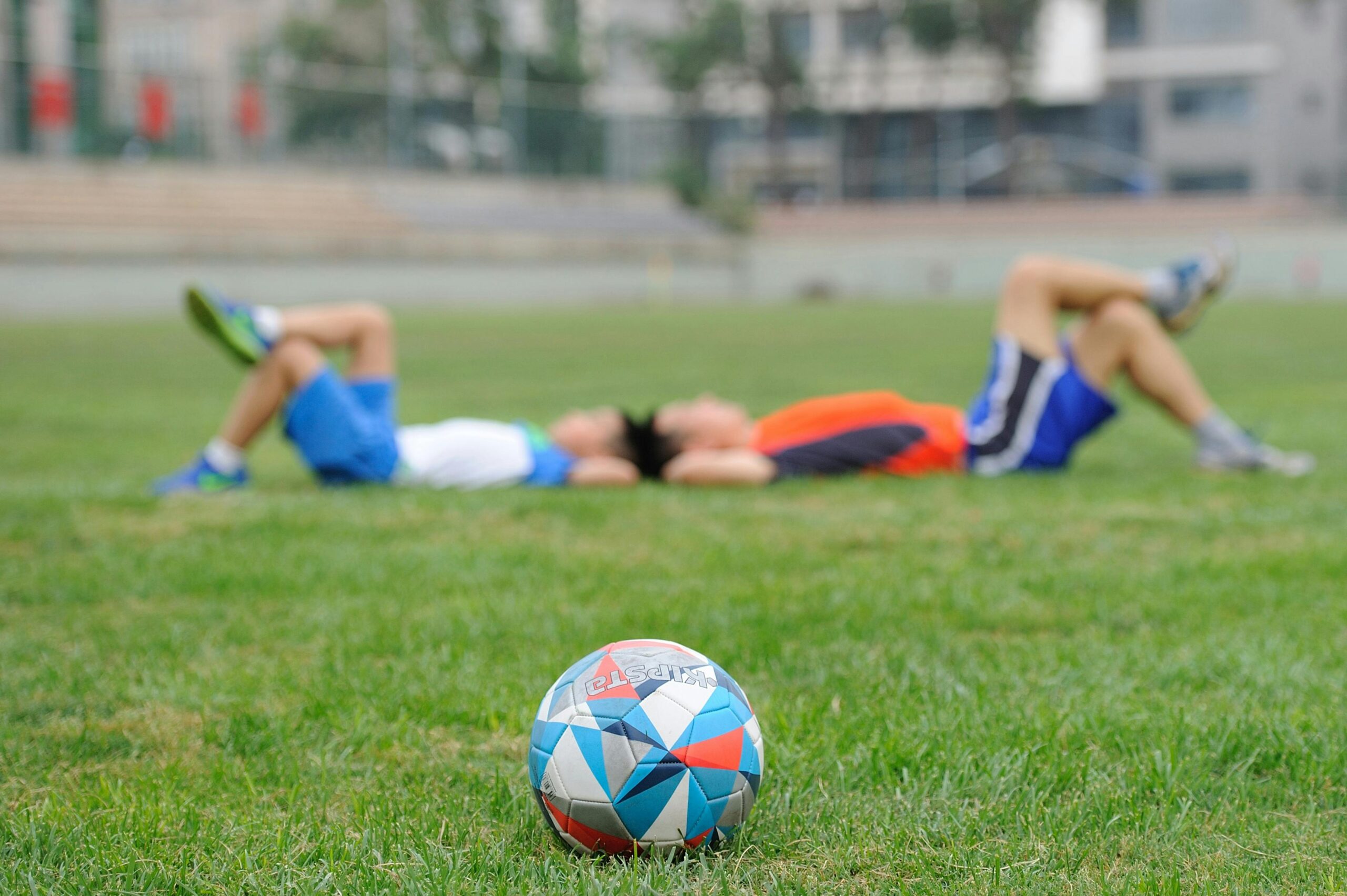When it comes to athletic success, athletes are always looking to place themselves one step ahead of their competition. There is typically an immense focus on training plans, nutrition, hydration, and quality equipment as the primary factors that drive athletic success. While these factors undoubtedly play a significant role in athletics, sleep is often overlooked as one of the most important factors driving athletic success. Scientific studies into the effects of sleep on athletic performance have produced evidence suggesting that poor sleep could negatively impact athletic performance, while prioritizing sleep holds the potential to elevate athletic performance.
The Impact of Sleep on Athletic Performance
The consequences of inadequate sleep include decreased energy levels, impaired reaction time, reduced cognitive function, poor muscle recovery, and impaired immune function. All of these factors are integral to athletic performance and success. While a lack of sleep might impair these functions, prioritizing sufficient sleep can increase energy levels and mood, enhance muscle memory and cognitive functioning, sharpen reaction times, and improve muscle recovery. These enhancements provide a boost when it comes to athletic performance, underscoring the pivotal role of sleep in optimizing athletic success. Recognizing the profound impact of sleep on athletic performance allows athletes to place themselves one step ahead of the competition.
Tips for Optimizing Sleep Quality
Consistency of Sleep Times
Try to go to bed at the same time each night and wake up at the same time each day. By improving the consistency of sleep times, it will allow your body to improve its circadian rhythm. By doing this, your sleep quality and overall sleep performance will improve.
Turn Off Screens Before Bedtime
About an hour before you go to bed, avoid using any screens, such as phones, televisions, and other screened electronic devices. Electronic screens emit blue light, which slows down melatonin production. This can result in difficulty falling asleep.
Avoid Caffeine After 2 p.m.
Caffeine is known to stay in your system for up to 12 hours after consumption. By avoiding caffeine after 2 p.m., you can reduce the likelihood of caffeine interfering with your sleep habits.
Do a Relaxing Activity Before Bedtime
Take the time to relax and unwind before bedtime. By partaking in relaxing activities before bedtime, you can signal to your body that it is time to wind down. This could include reading, meditating, or taking a warm bath to help transition you into a calm state before bedtime.
Manage Stress and Anxiety
Stress and anxiety can lead to a heightened level of arousal, making quality sleep difficult to obtain. Increased cortisol levels triggered by stress can make it difficult to fall asleep, interfere with REM sleep duration and quality, and disrupt sleep performance overall.
Athletes are always looking for a way to place themselves one step ahead of their competition. One of the easiest steps an athlete can take is to prioritize the amount and quality of sleep they obtain each night. Sleep isn’t just downtime; it’s a strategic advantage, fueling both the mental sharpness and physicality essential for excelling in sports at the highest level.
For more personalized advice and support, check out our coaching services and discover how we can help you and your young athlete achieve their sports dreams.




